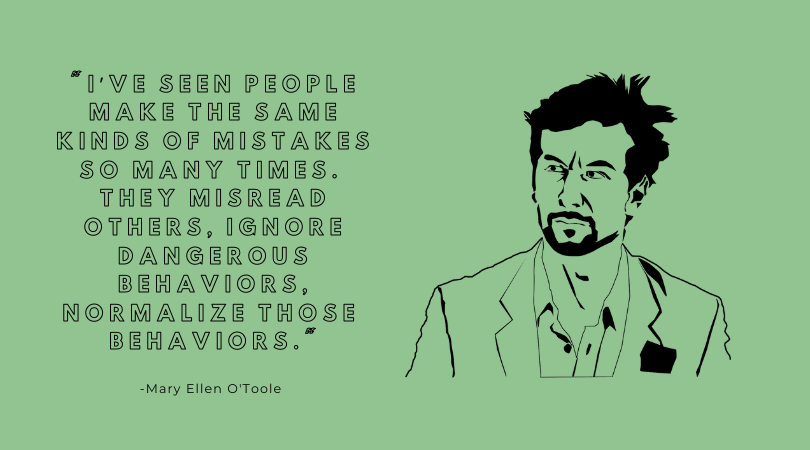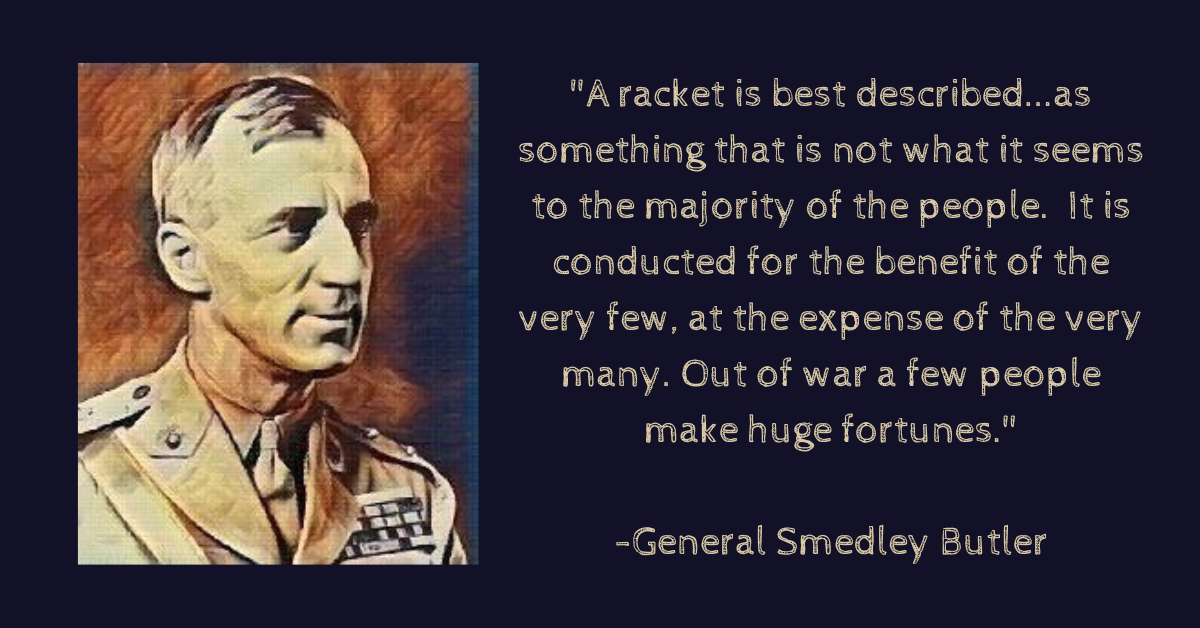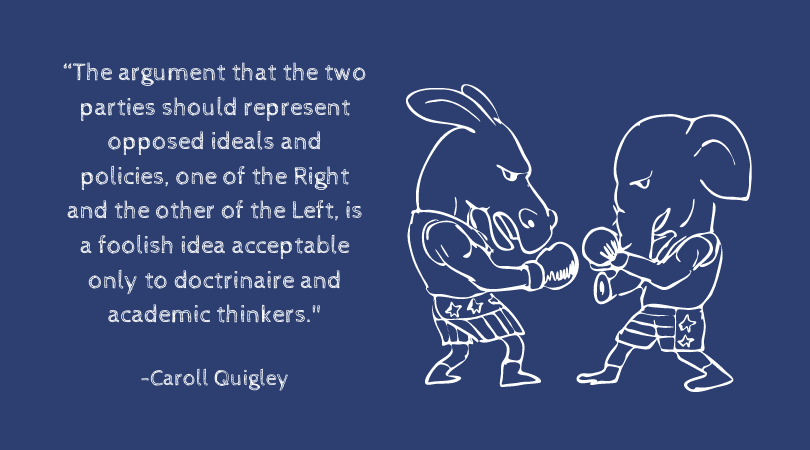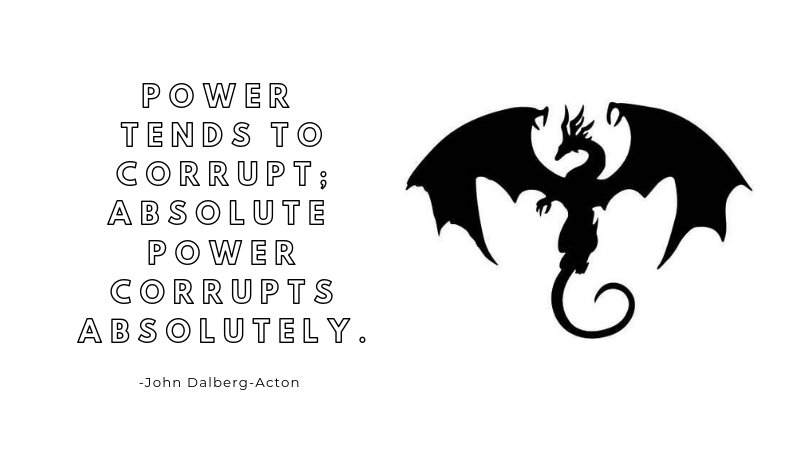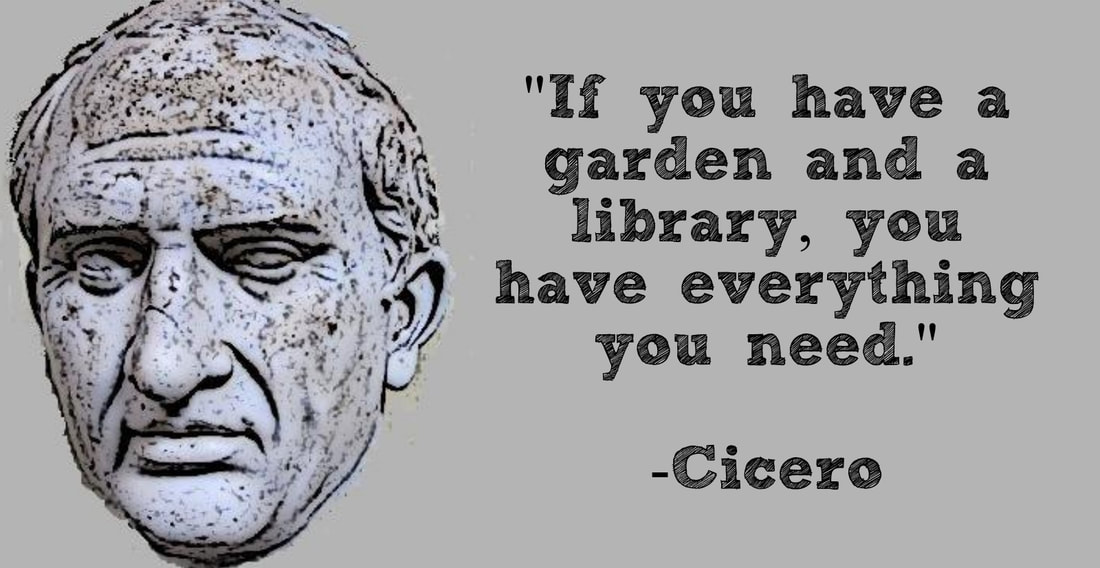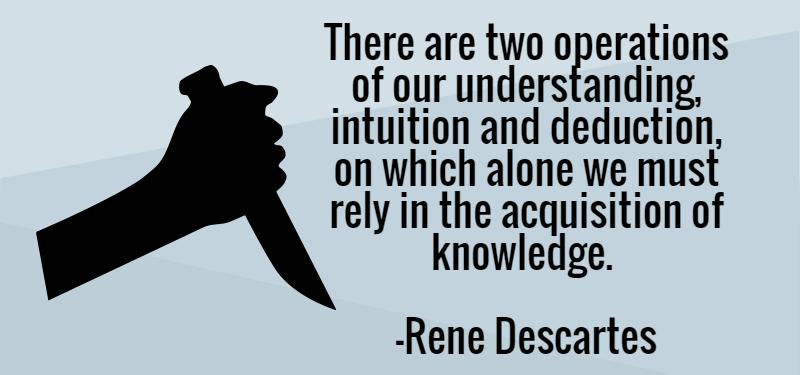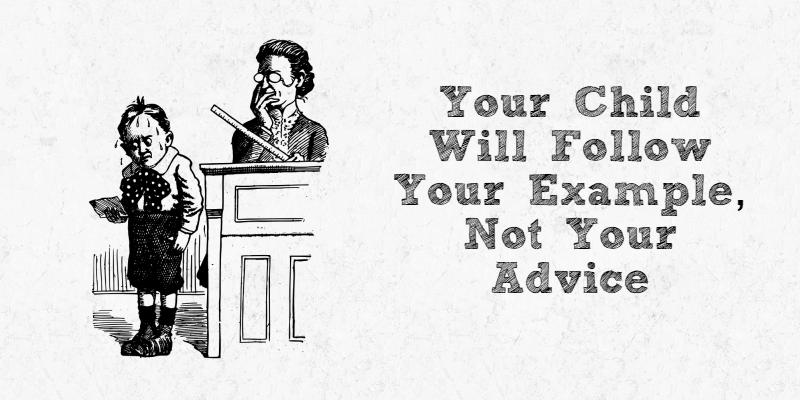The presence of predatory and antisocial individuals in the general population is a major problem for several reasons. First, anti-social people inflict a lot of damage on other people and society at large. Second, psychopathy especially is studied far less than other clinical disorders. And finally, most people are not trained to identify individuals with psychopathy and other antisocial personality disorders, and some do not, or will not, even acknowledge its sinister presence in others at all.
None of us are completely immune from the manipulative or aggressive behavior of antisocial personality types. It turns out that good, regular people tend to have a lot of blind spots when it comes to evaluating the character of others, identifying antisocial behavior, assessing risk, and determining who to trust. Even if you pride yourself on being a good judge of character, crime statistics show that the majority of people are often wrong. I've come across a lot of helpful expert information on how to protect yourself that I'll share with you in this post. Here's how to be a better judge of character:

